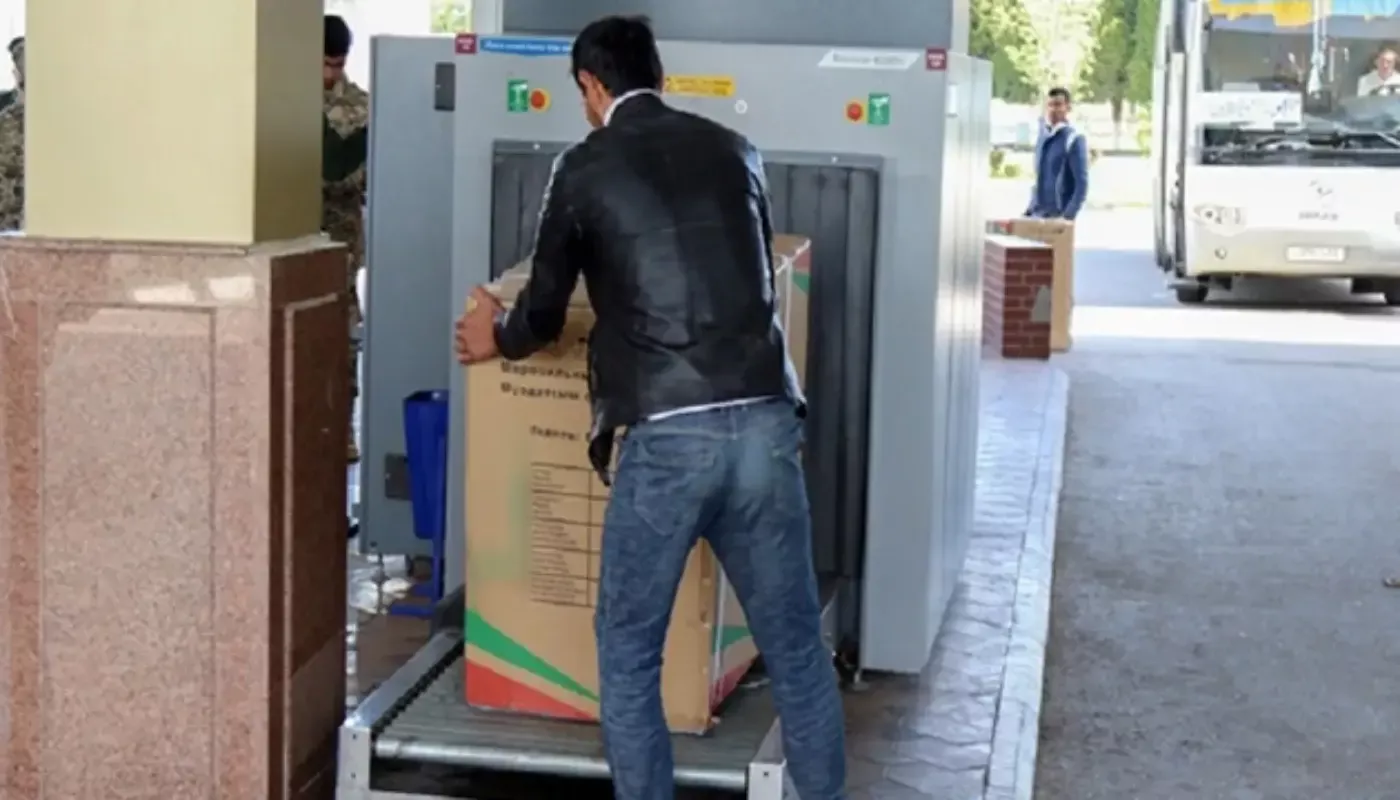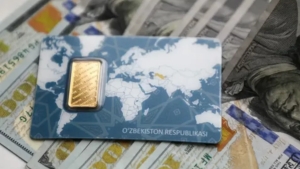New regulations for duty-free import of goods to Uzbekistan have been established

The government of Uzbekistan has reduced the duty-free import norms for goods brought into the republic for non-commercial purposes by individuals arriving by air and train for personal use.
According to the decision signed today, April 19, by the Prime Minister, the duty-free import norms will be established as follows from May 1, 2025:
- by air transport – 1000 dollars (currently 2000 dollars);
- by rail and river transport – 500 dollars (currently 1000 dollars);
- through automobile (pedestrian) checkpoints – 300 dollars (unchanged);
- through international courier shipments – 200 dollars per month (currently 1000 dollars per quarter);
- through international postal shipments – 100 dollars (unchanged).
It is specified that for individuals bringing goods for non-commercial purposes through rail and river transport and automobile checkpoints, the duty-free import norms will not apply if the individual has been abroad for less than 2 days for rail and river transport and less than 3 days for air transport. In this case, the goods will be considered above the duty-free import norm, and a single customs fee will be charged based on the full value of the goods.
Goods valued up to 5000 US dollars equivalent can be exported from the republic without presenting a customs declaration, except for goods subject to export customs duties.
The list of goods subject to special control regarding customs value and quantity during the import process has also been approved. The list includes 70 different types of goods. These include various types of household appliances, food products, clothing and footwear, cleaning and washing agents, toys, tires, and metal items. The Deputy Prime Minister Jamshid Qo'chqorov has been tasked with implementing an effective mechanism for monitoring the value and quantity of the goods on this list and ensuring that there are no exceptions.
“The Ministry of Internal Affairs and the National Guard should cooperate with the Customs Committee to prevent cases of citizens not complying with the legal requirements of authorized state officials at border customs posts, organized resistance, and public order violations,” the decision states.







